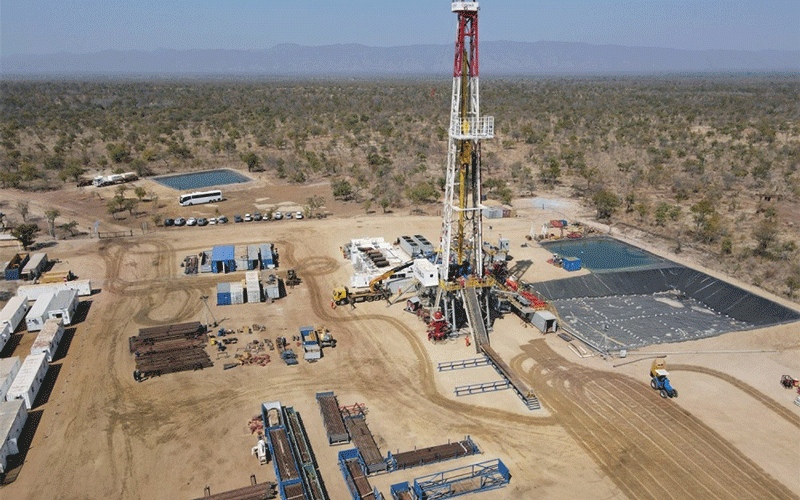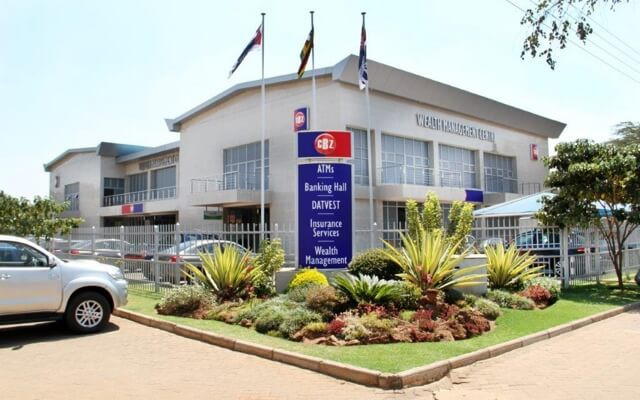
Zimbabwe should shift its efforts towards strengthening domestic investment by lowering the cost of doing business, an economist has said.
TATIRA ZWINOIRA
This comes as a recent United Nations report predicted lower investment opportunities attributed to weak aggregate demand, falling interest rates and inconsistent policies.
Speaking to NewsDay yesterday, leading economist, Prosper Chitambara said domestic investment can be improved by reducing the cost of doing business.
“We need to improve doing business as it is not competitive. One way we can do that is by building domestic investment through lowering the cost of doing business and making contractual changes to the economic policy in the country,” he said.
“The declining costs of commodity prices will result in lower aggregate demand that will affect business and reduce capital coming into Zimbabwe. Drought, as well, will not only affect agriculture but overall business investment opportunities.”
In Zimbabwe, policy uncertainty is the major stumbling block towards investment into key sectors. Corrupt practices involving senior officials have seen the costs of doing business being priced four to five times higher in other countries in the region.
- Chamisa under fire over US$120K donation
- Mavhunga puts DeMbare into Chibuku quarterfinals
- Pension funds bet on Cabora Bassa oilfields
- Councils defy govt fire tender directive
Keep Reading
This has propelled government to come up with reforms on the ease of doing business meant to attract foreign investors.
Zimbabwe has been lagging behind regional neighbours in terms of attracting foreign direct investment (FDI).
In 2014, Zimbabwe recorded FDI inflows of $545 million, the highest since 2009. Yet the inflows were low compared to South Africa ($5,7 billion), Mozambique ($4,9 billion) and Zambia ($2,4 billion).












